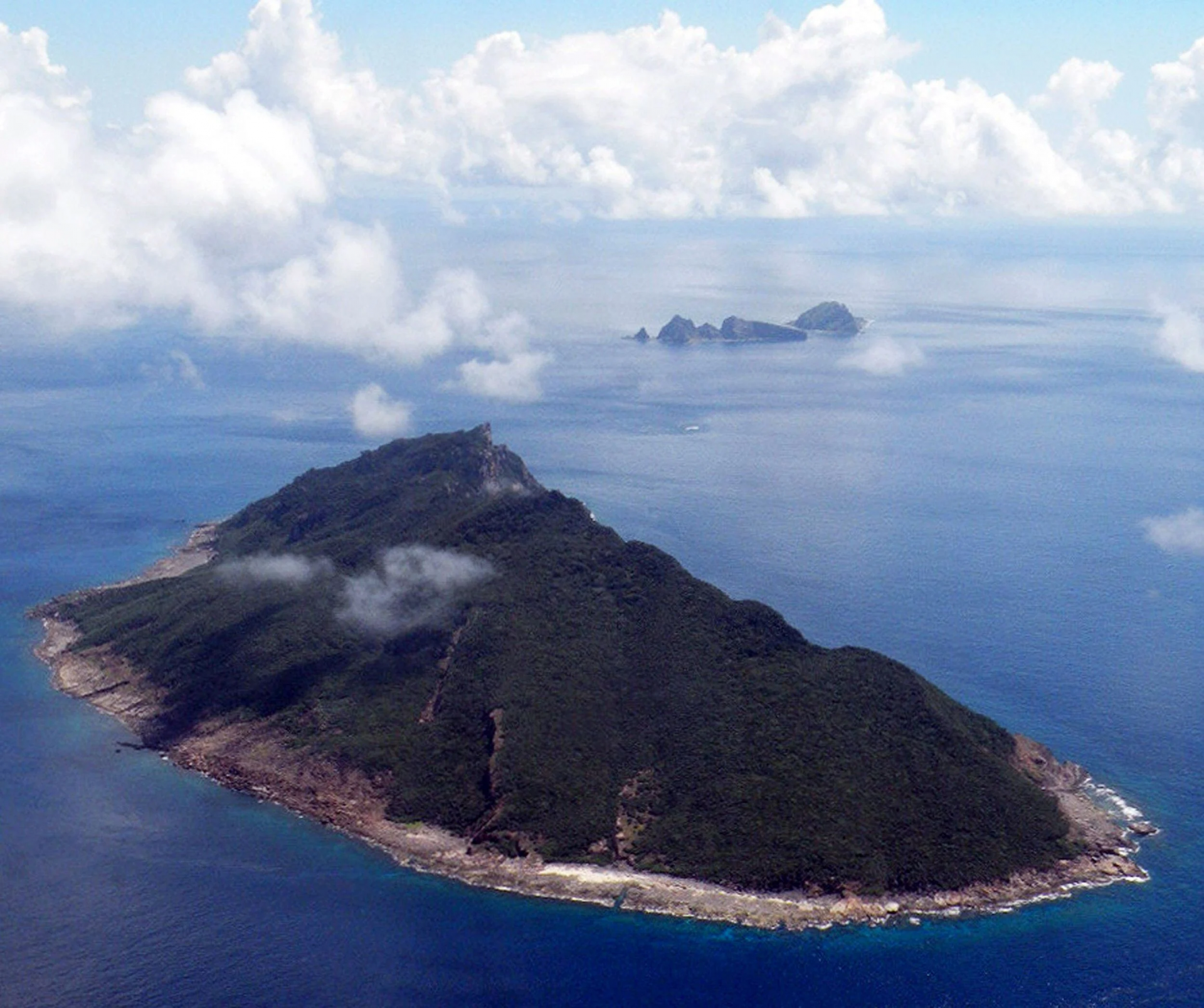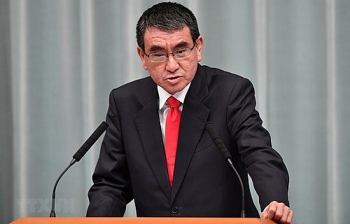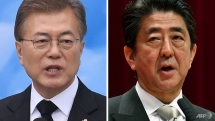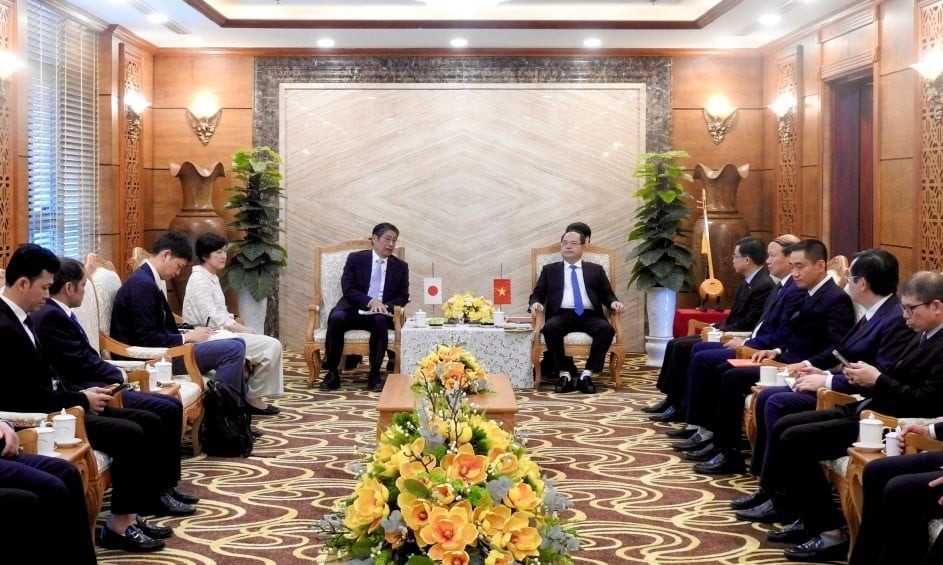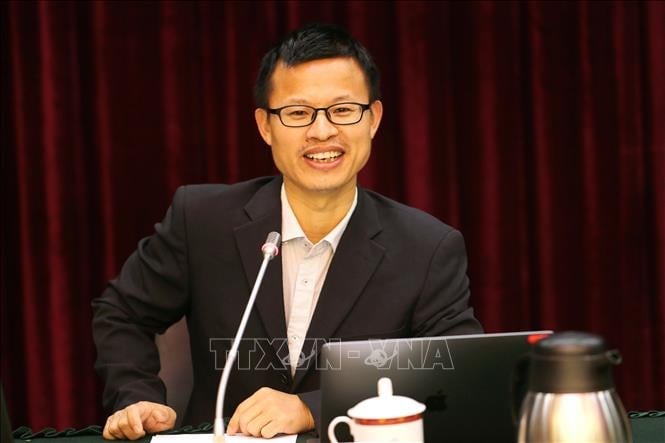Japan coast guard: Chinese vessels sail near disputed islands in East China Sea
| East China Sea: Japan asks China to take down digital museum on disputed island | |
| Japan protests China’s actions in East China Sea, East Sea | |
| Japan, China, South Korea search for agreement on Pyongyang |
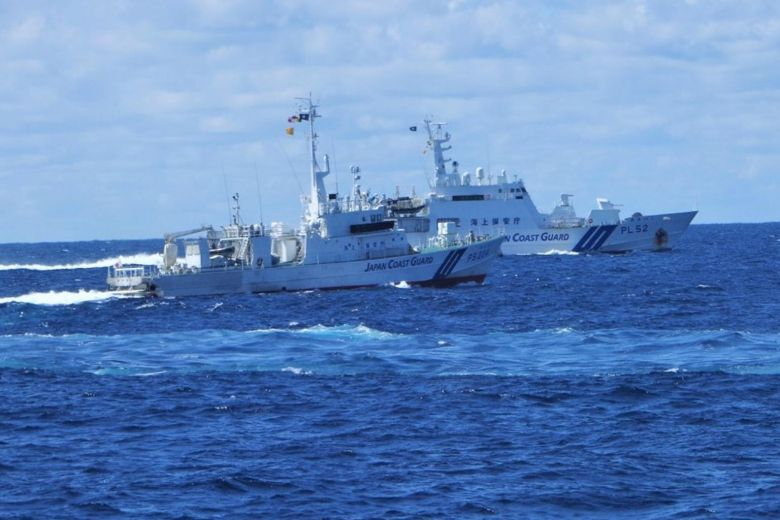 |
| A Japan Coast Guard spokesman said this is the 21st day that Chinese boats have entered its waters since late August. Photo: JCG_KOHO/TWITTER |
Japan’s Coast Guard said on October 11 that two Chinese vessels entered what Japan considers its territorial waters near disputed islands in the East China Sea.
It marked the 21st time this year that Chinese boats have entered Japanese waters and the first since late August, a Japanese Coast Guard representative was quoted by Reuters as saying.
Japan’s government has complained of “relentless” intrusions in waters around the group of islets claimed by both nations. The contested territory contains islands known as the Senkaku in Japan and the Diaoyu in China.
Two Chinese Coast Guard ships entered the waters at about 10:45 a.m. (0145 GMT) on October 11 and approached a Japanese fishing boat, the Kyodo news agency said. The Japanese Coast Guard deployed patrol boats to the area, Kyodo said.
China’s Chinese foreign ministry did not immediately respond to a Reuters request for comment. The defence ministry could not immediately be reached.
Japan to launch 3 electronic warfare units in East China Sea
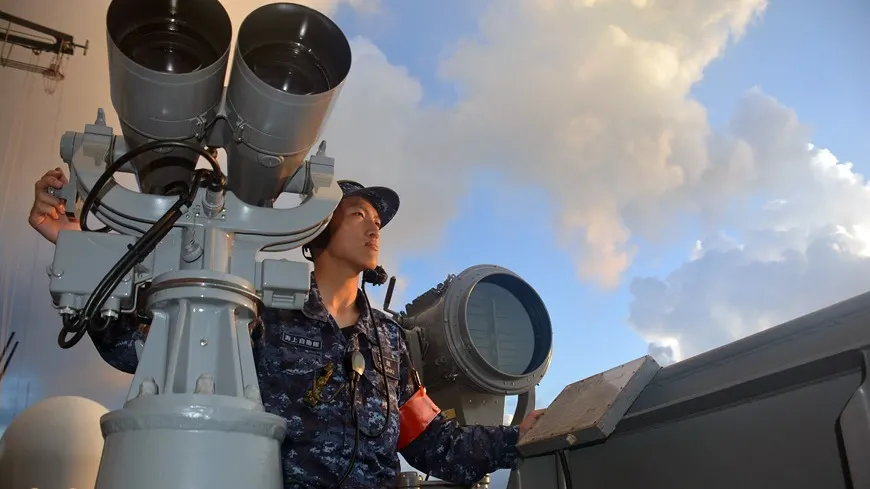 |
| Japan will bolster its ability to monitor and respond to Chinese military activity in the East China Sea. (Photo courtesy of the Japanese Maritime Self-Defense Force) |
Japan will establish three electronic defense units on islands facing the East China Sea by March 2022, bolstering the country's ability to monitor and respond to Chinese military activity in the waters, according to Nikkei Asian Review.
From communications and radar systems to infrared-guided missiles, armed forces rely heavily on electromagnetic waves. Japan's electronic defenses are designed to jam those signals by emitting waves of the same frequencies used by their opponents.
To jam signals from opponents, Japanese forces first need to find out what frequencies they are using. Japan is concentrating the new electronic capabilities on its southern islands in part to gather information on Beijing's increasing activities in the East China Sea.
Japanese Defense Minister Nobuo Kishi met last week with Lt. Gen. Kevin Schneider, commander of the U.S. forces in Japan, to discuss concerns about Chinese actions in the East and South China seas and ways to strengthen the Japan-U.S. alliance.
Japanese, Chinese leaders agree to pursue high-level contacts
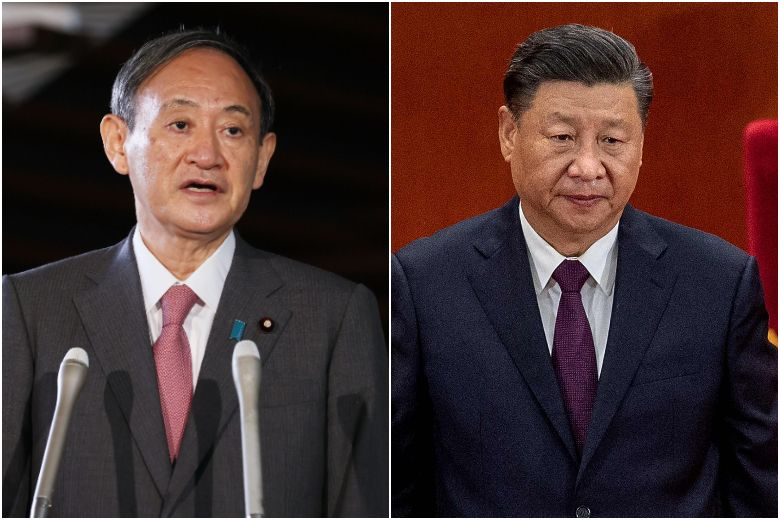 |
| Japanese Prime Minister Yoshihide Suga (left) spoke with Chinese President Xi Jinping on the phone. Photos: AFP |
In the pair’s first talks earlier this month, Japanese Prime Minister Yoshihide Suga agreed with Chinese President Xi Jinping to closely cooperate in further developing bilateral ties, despite differences over thorny issues.
“Stable relations between Japan and China are extremely important not only for both countries but for the region and the international community, and that we both have a responsibility in this regard,” Suga, who took office last week, said he told Xi over the phone.
He said the two leaders agreed to “work closely together at a high level” going forward.
The talks came amid heightened tensions between China and the United States, Japan’s principal security ally, and a simmering territorial dispute between Tokyo and Beijing over the Senkaku Islands, the Japan Times said.
During the roughly 30-minute talks, Suga expressed concern over the situation in the East China Sea and issues that are of great interest to the international community including Hong Kong, and told Xi that he wants to discuss them in the future, a Japanese official told a press briefing.
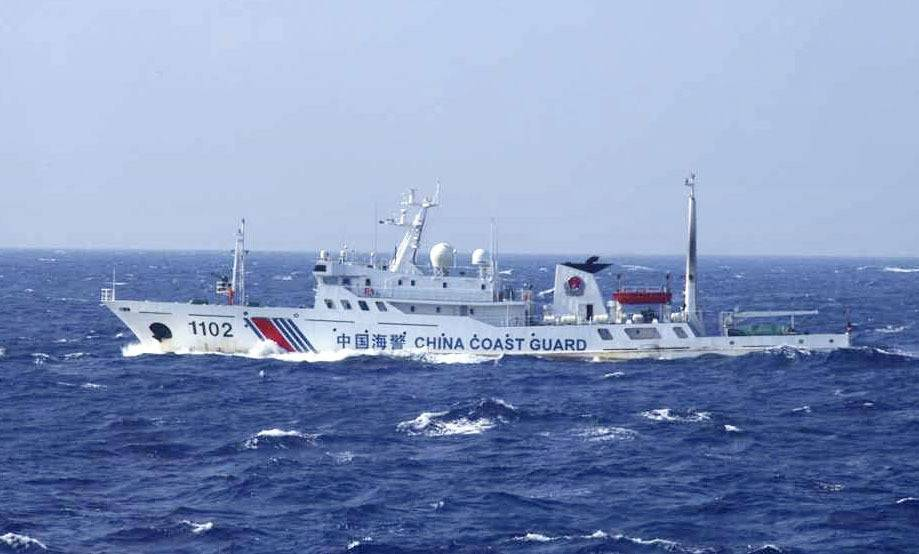 |
| According to the Japan Times, Tokyo has repeatedly protested Beijing’s sending of government ships and fishing boats near the Senkakus. | JAPAN COAST GUARD / VIA KYODO |
Tokyo has repeatedly protested Beijing’s sending of government ships and fishing boats near the Senkakus.
Earlier this year, Beijing introduced a sweeping national security law in the semiautonomous territory of Hong Kong, prompting Japan and other countries to express “grave concern” over an erosion of freedoms.
Xi expressed his desire to advance bilateral relations, Suga told reporters outside of his official residence, adding that they did not discuss plans for the Chinese president to visit Japan as a state guest.
The trip had been planned for spring this year but was postponed indefinitely due to the global coronavirus pandemic, and some ruling party lawmakers are now calling for it to be canceled altogether.
Earlier, Kato said the countries are currently “not at the stage of setting a date” for the visit.
Suga and Xi affirmed their cooperation on the Democratic People’s Republic of Korea, including Japan’s efforts to retrieve nationals who were abducted by Pyongyang’s agents in the 1970s and 1980s, the Japanese official said.
They also agreed to work together on tackling the pandemic and to seek the resumption of business travel between the countries at an early date amid COVID-19 restrictions.
Xi was quoted by China’s state-run media as telling Suga that Beijing will support Tokyo to successfully host next summer’s Olympics in the Japanese capital.
The last time the leaders of the neighboring countries spoke was when former Prime Minister Shinzo Abe met with Xi in Chengdu, China, last December. Xi last held phone talks with a Japanese leader in May 2018.
In a news conference following his inauguration, Suga vowed to pursue a “free and open Indo-Pacific,” a concept Abe had pushed as a counter to China’s growing maritime assertiveness, while maintaining stable relations with neighboring countries./.
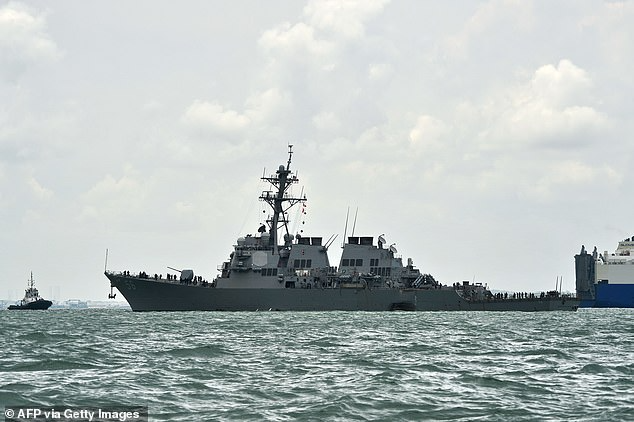 | US’ destroyer sails near Vietnam’s Hoang Sa Islands, Beijing accuses it 'provocative actions' China raised its voice opposing the recent move of the US and called it “provocation actions” as US guided-missile destroyer USS John S.McCain on October ... |
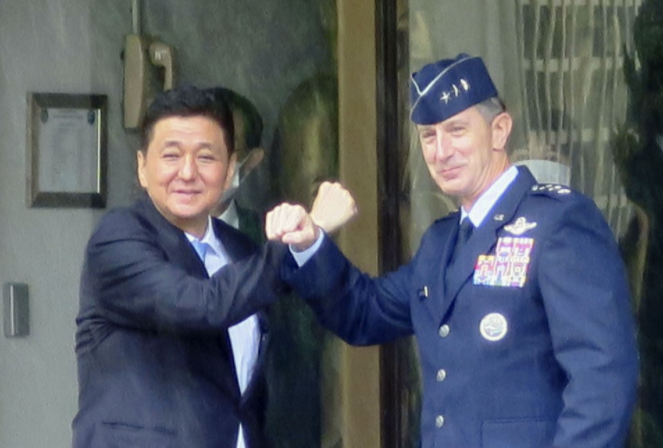 | Japan defense chief & U.S. commander share concerns over China's maritime activities Japanese Defense Minister Nobuo Kishi and U.S. military's top general Kevin Schneider expressed concerns over China's expanding maritime activities in the East and South China ... |
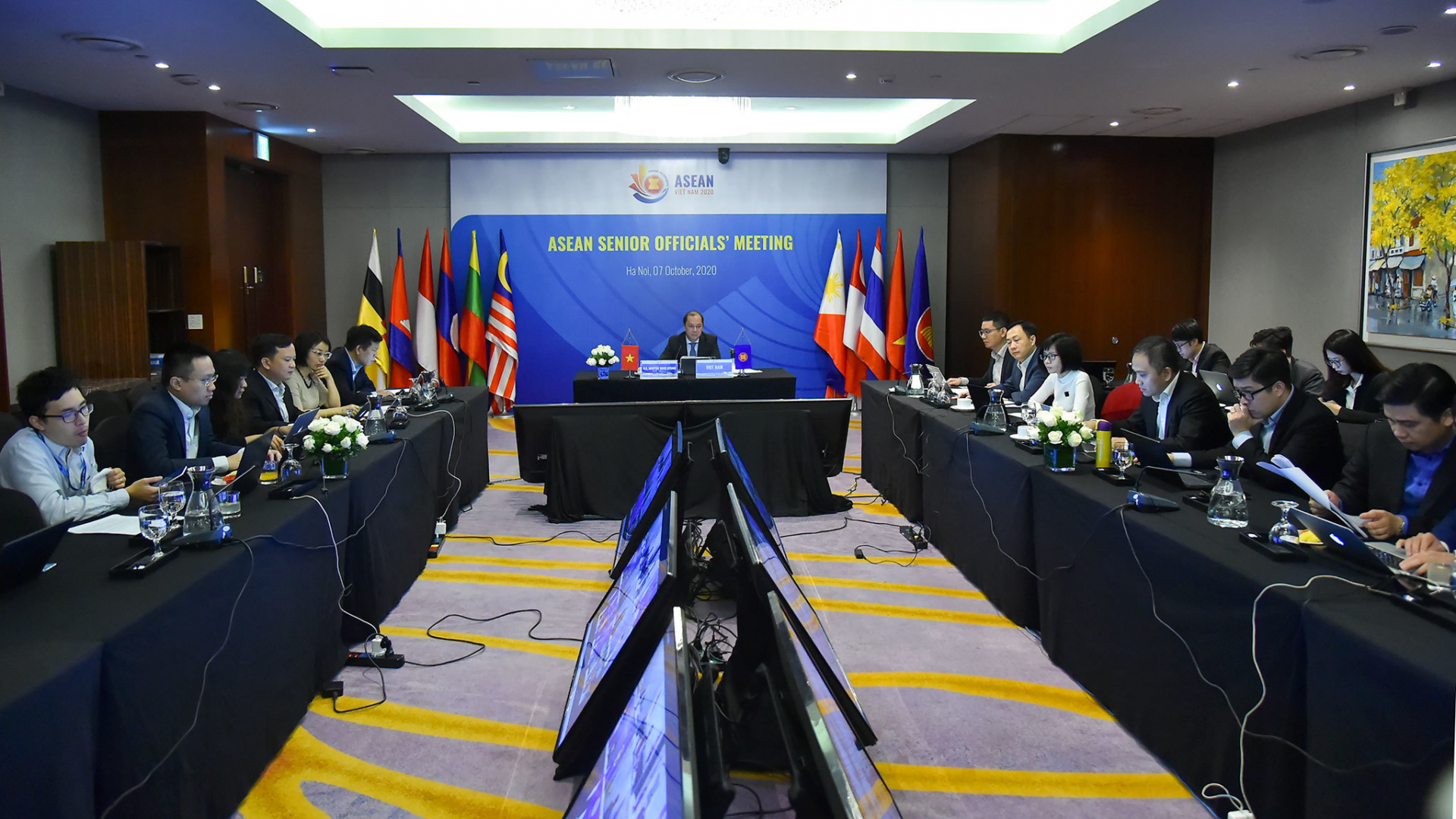 | ASEAN member countries on October 7 pledged to coordinate with China in order to soon complete negotiations for a result-oriented Code of Conduct in the ... |
Recommended
 World
World
Pakistan NCRC report explores emerging child rights issues
 World
World
"India has right to defend herself against terror," says German Foreign Minister, endorses Op Sindoor
 World
World
‘We stand with India’: Japan, UAE back New Delhi over its global outreach against terror
 World
World
'Action Was Entirely Justifiable': Former US NSA John Bolton Backs India's Right After Pahalgam Attack
Popular article
 World
World
Nifty, Sensex jumped more than 2% in opening as India-Pakistan tensions ease
 World
World
Easing of US-China Tariffs: Markets React Positively, Experts Remain Cautious
 World
World
India strikes back at terrorists with Operation Sindoor
 World
World

